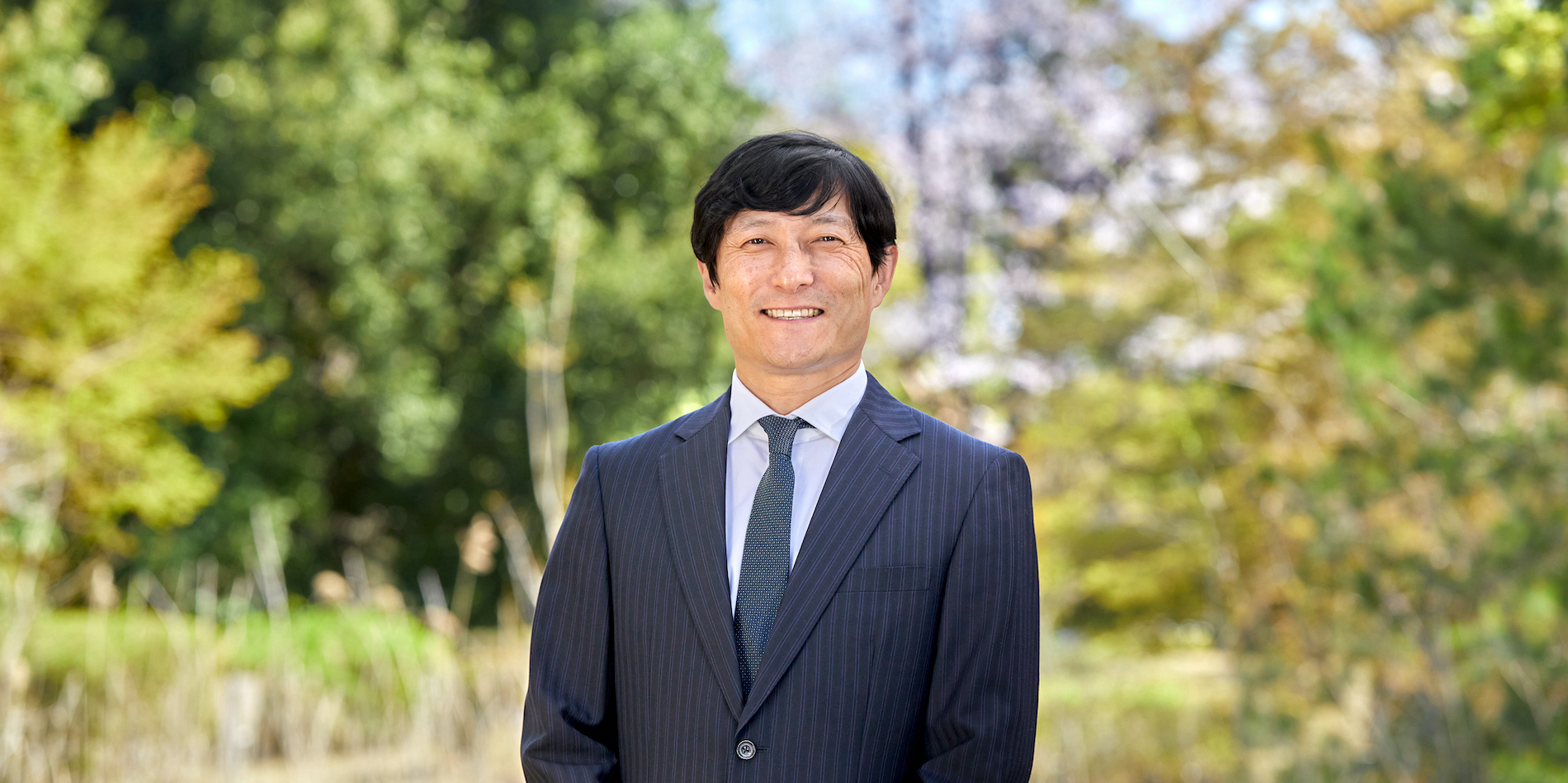Hiroshi TANIMOTO
Director
April, 2025
Message from the Director

The Center for Global Environmental Research (CGER) of the National Institute for Environmental Studies (NIES) was established in 1990 and has been the pioneer of global environmental research in Japan, covering a wide range of fields such as stratospheric ozone, global warming, and biodiversity. Since then, especially after 2001, the center has focused on elucidating phenomena related to global warming and promoting problem-solving research aimed at creating a decarbonized society (a society with net-zero carbon dioxide emissions).
One of our strengths is the long-term global monitoring and analysis of greenhouse gases as well as the collection and publication of related data both domestically and internationally, based on the observations by ground stations, ships, and aircraft that started in the 1990s, and the collaboration with the GHGs Observing Satellite "IBUKI" (GOSAT) series (currently implemented by the Satellite Observation Center) that started in 2009. Also, we have the advantage of having personnel who can respond to the changing needs of society and develop research in a flexible and multifaceted approach, from fundamental research to applied research.
The Paris Agreement, which came into effect in 2016, set a goal of striving to keep the global average temperature increase to 2°C below pre-industrial levels and even 1.5°C by balancing anthropogenic greenhouse gas emissions and sinks in the second half of this century. However, the timeframe for achieving this goal is rapidly shrinking. To address this urgent goal, I would like to contribute with the latest scientific knowledge to the query of how effective various measures are globally and how much effort is needed to maintain the global environment in a sustainable way.

